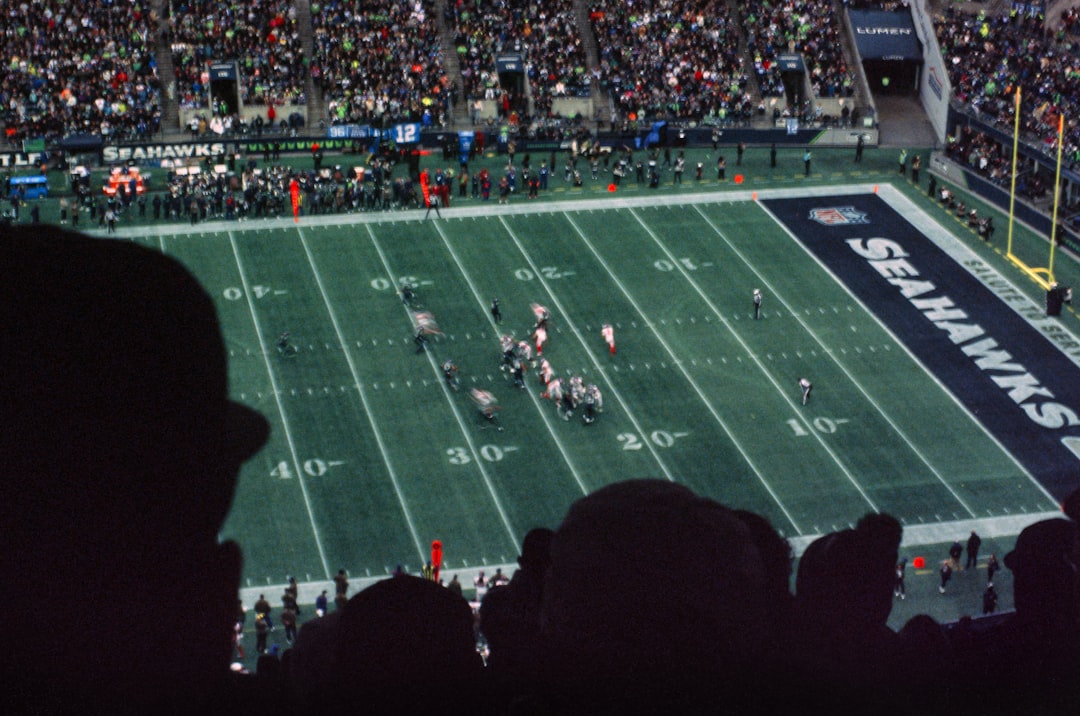In football, time management plays a crucial role in determining the flow of the game. While most fans are familiar with team timeouts, which are used strategically by coaches, there is another type of timeout that is less understood by the general public: the administrative timeout.
What Is an Administrative Timeout?
An administrative timeout, also known as an official timeout, is a stoppage of play that is called by the game officials rather than by a team. These timeouts are primarily used for operational or procedural reasons, ensuring that the game is conducted smoothly, fairly, and safely.
Unlike team timeouts, which are limited in number and called by coaches, administrative timeouts do not come with a penalty or count against either team. Instead, they are initiated by the referees, broadcasters, or stadium officials when necessary.
Reasons for an Administrative Timeout
There are several situations in which an administrative timeout may be called. Some of the most common reasons include:
- Injury Timeouts: If a player is injured and requires medical attention, the officials will stop the game to ensure the player receives proper care.
- Equipment Issues: If a player’s equipment is damaged, such as a helmet coming off or a communication device malfunctioning, the game may be temporarily stopped.
- Television Broadcast Needs: In televised games, referees may call an administrative timeout to align with commercial breaks, allowing broadcasters to air advertisements at scheduled intervals.
- Weather Delays: If weather conditions, such as lightning or heavy rain, become a safety concern, officials may stop the game until conditions improve.
- Clock or Scoring Errors: If there is a technical issue with the game clock or scoreboard, referees may pause play to correct the issue.
- Rule Clarifications: In situations where there is a disputed call or an unusual occurrence, officials may call a timeout to review the rules and make the correct decision.

How Administrative Timeouts Affect the Game
Administrative timeouts play an important role in maintaining the integrity of the game. However, they can also impact momentum, strategies, and player performance. Here’s how they affect different aspects of the game:
- Momentum Shifts: A stoppage in play can disrupt a team’s rhythm, especially if they were moving the ball effectively on offense.
- Recovery Time: Players who are fatigued can use the brief pause to catch their breath and regroup.
- Coach Adjustments: Although coaches don’t initiate administrative timeouts, they may use them to adjust their game plan or communicate with players.
- Broadcast Impact: For televised games, administrative timeouts ensure that networks maintain their advertising schedules without disrupting live action.

Difference Between Administrative and Team Timeouts
Although both types of timeouts stop play, administrative timeouts differ from team timeouts in key ways:
| Aspect | Administrative Timeout | Team Timeout |
|---|---|---|
| Who Calls It | Game officials | Coaches or players |
| Purpose | Addresses game operations, injuries, or broadcast needs | Strategic use by a team to plan plays or stop the clock |
| Limit | Unlimited, as needed | Each team has a limited number per half/game |
| Game Impact | Ensures fair play and operational efficiency | Can influence game momentum and outcomes |
Why Are Administrative Timeouts Important?
Administrative timeouts may not receive much attention from casual viewers, but they serve several critical purposes:
- Ensuring Player Safety: By stopping the game for injuries and equipment issues, referees prioritize player health.
- Maintaining Fair Play: Clock adjustments and rule clarifications prevent unfair advantages and ensure correct officiating.
- Meeting Broadcast Needs: TV timeouts help maintain the financial structure of the sport while keeping the game accessible to fans.
- Handling Unforeseen Situations: Unusual game occurrences, such as a power outage or field problem, require official intervention.
Conclusion
While team timeouts are a familiar part of football strategy, administrative timeouts are just as essential for the smooth functioning of the game. Whether for player safety, technical adjustments, or broadcasting reasons, these official pauses ensure that football remains fair, organized, and well-regulated.

Understanding the role of administrative timeouts provides a greater appreciation for the behind-the-scenes aspects of the sport, reinforcing the importance of officiating and game management in professional football.
